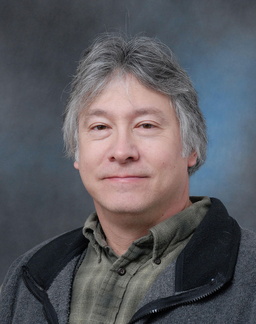
Barry Finzel, PhD
Titles
Education
PhD, University of California, 1983
Bachelor's, Eastern Michigan University, 1979
Biography
The Finzel group is engaged in structural biology research aimed at accelerating the development of medicinal agents and specific inhibitors of drug targets to advance the understanding of disease control. Research interests cover a wide range of possible therapeutic interests, including antbacterial and anticancer drug discovery and structural bioinformatics.
We utilize protein crystallography and biophysical methods to study the binding of small-molecule inhibitors to potential drug targets.
Our laboratory on the ground floor of Weaver-Densford Hall on the Twin Cities Campus (East Bank) of the University of Minnesota is well-equipped for protein chemistry necessary to over-express and purify proteins, and to crystalize and investigate protein structure by analysis of X-ray diffraction. We often utilize the synchrotron X-ray sources at the Advanced Light Source in Berkeley, CA (Beamline 4.2.2 of the Molecular Biology Consortium), and the Advanced Photon Source innArgonne IL (Beamline 17-ID IMCA-CAT) for diffraction experiments.
Our laboratory seeks to apply the principles of organic chemistry, enzymology analytical chemistry, molecular & cellular biology, biophysics and nanotechnology to the development of new methods for drug design and delivery, chemically engineered cellular therapies and tissue engineering. The laboratories primary therapeutic focus has been on the development of new anti-cancer and antiviral therapies, as well as novel non-opioid pain medications.
Fundamentally, we are interested in understanding and applying the principles of enzyme catalysis and macromolecular and cellular interactions. Our hope is that by creatively applying our expanding knowledge of these areas, we will continue to impact the design of future more selective and powerful medicines.